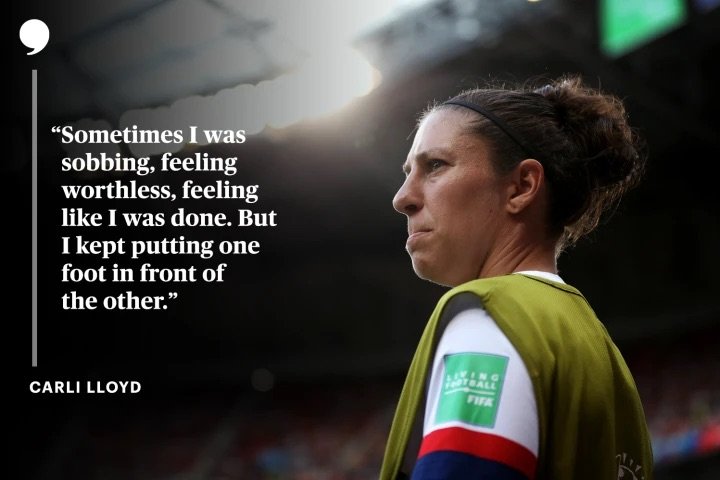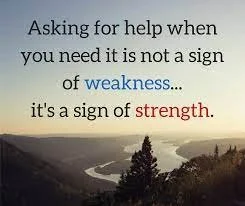
Blog
Athletes Are Human Beings First
By Christine A. Mosher, LICSW
Athletes are often viewed as superheroes who possess extraordinary physical abilities and winning mindset. They are idolized for their achievements and celebrated for their victories in the world of sports. However, it is important to remember that behind their athletic expertise and determination lies a normal human being with regular physical and emotional needs. The athletic community needs to recognize athletes as complete individuals and advocate for prioritizing their health and well-being beyond the world of sports.
As we have seen recently in the media, several professional and Olympic athletes have become more vocal about their mental health issues. Athletes such as gymnast Simone Biles, swimmer Michael Phelps, football player Tom Brady, and tennis players Naomi Osaka and Serena Williams have all public spoken about their mental health struggles and the benefits of seeking support from a professional. This type of openness and vulnerability helps erase the stigma around mental health, encourages other athletes to acknowledge their own issues, and inspires them to seek the support they need, as well.
Athletes are commonly expected to adhere to the attitude of "no pain, no gain," pushing themselves to their limits and even beyond. They are taught to "play through the pain" and embrace a "suck it up" mentality, and are often encouraged to ignore their physical injuries in order to stay in the game. Similarly, when it comes to mental health issues, athletes may avoid dealing with their emotional pain and choose not to seek support due to the persistent stigma surrounding mental illness. This can have detrimental effects on an athlete’s overall health and hinder their ability to perform at their best, as well as contributing to an athlete’s decline in their psychological well-being.
For many high school, college, Olympic and professional athletes, the pressure to perform at a high level is immense. They often carry the weight of wanting to perform their best and bring success to their team and their own future careers, all while facing the high expectations from coaches, teammates, their schools, leagues, families and fans. In addition, the immense time commitment required to play at this level often leaves little room for down time or the opportunity to nurturing personal relationships, leading some athletes to feel lonely, isolated and disconnected from their support systems of friends and family. This constant, heightened stress can be difficult to manage, and cause some athletes to quit their sport due to burnout and the desire to achieve some level of normalcy in their lives.
The relentless pressure and expectations placed on athletes can contribute to various mental health issues such as anxiety, depression, substance abuse, body image issues and eating disorders. These challenges are more prevalent in athletes due to the unique circumstances they face and the sacrifices they make to excel in their chosen sport. Recognizing and addressing these mental health concerns is essential for ensuring the well-being of athletes and placing value on their identity as whole human beings, and not just sport robots.
While athletes dedicate a significant amount of time and effort to their sport, it is important for them to recognize that they have lives beyond their athletic skills and talents. Athletes need time for their families, friends, education, hobbies, relaxation and self-care. Teaching athletes to maintain a healthy work-life balance, encouraging down time, and supporting their participation other activities and interests will help them develop a well-rounded sense of self, placing less emphasis on just their athlete identity.
Coaches, parents, athletic directors, trainers, universities, and professional athletic organizations can play a vital role in creating a more positive and affirming sport culture, acknowledging the importance of supporting athlete wellness, and recognizing athletes as whole human beings. It is key for these leaders and institutions to remember that athletes are human beings first, and need to be valued and respected. Encouraging athletes to make self-care a priority providing resources for mental health support contributes to their overall happiness and long-term success, not just in sport, but in life. The more we talk about these important issues facing athletes, the more we normalize the conversation around mental health and help erase the stigma, keeping more athletes in the game and holding onto their joy for their sport.
“I have been in therapy for 25 years and it has been a crucial part of my health and mental resilience...I want to be better for my friends and my family, for my children. My emotions are a very human part of me… Therapy has made such a difference in my life.” - Tom Brady















